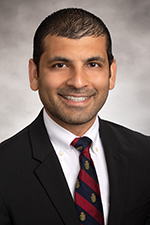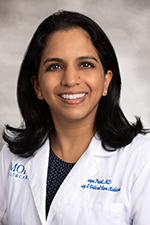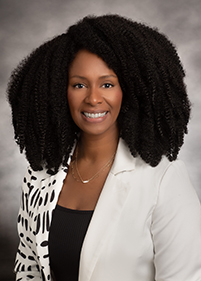About Us
The Division of Critical Care Medicine within the Department of Anesthesiology provides our fellows with the broadest possible training in the specialty of critical care medicine. Our ACGME-accredited program is open to graduates of the correspondingly accredited programs of anesthesiology, emergency medicine, and surgery.
We believe that critical care medicine is best understood as a multi-disciplinary endeavor, and our trainees benefit from a diverse and expert faculty. Fellows rotate through a variety of critical care environments, including medical, surgical, cardiothoracic, and neuroscience units, and they are exposed to the very latest treatment modalities and cutting-edge research while learning to care for the most critically ill patients.
|
|
|
|
|
|
Program Highlights
Key features of our program are summarized below. Please explore the other tabs on this page for more details.
- ACGME-accredited
- Faculty with a variety of academic interests and backgrounds
- Diverse sites of practice
- ICU experience in CV-ICU, SICU, CCU, MICU, Neuro ICU
- Protected didactic time with weekly lectures, M&M, board review, and journal clubs
- Research opportunities
- ECMO program including fellow cannulation and transport
- Wide variety of pre-arranged electives including telemedicine (eICU) experience
- Educational stipend
- The Emory School of Medicine offers highly competitive salaries and benefits to our fellows. An overview of house officer salary and benefits is available on the Emory GME Office website.
- Please visit our Instagram page for further program highlights
Application Information
All positions are offered via the San Francisco Match system. Applicants should register at www.sfmatch.org, where you will find the SOCCA Common Application form and the fellowship match application timetable.
*If you are interested in a combined critical care medicine/cardiothoracic anesthesiology fellowship, please contact Drs. Ratna Vadlamudi, and Babar Fiza to express your interest.
Multidisciplinary Multi-center, High Acuity
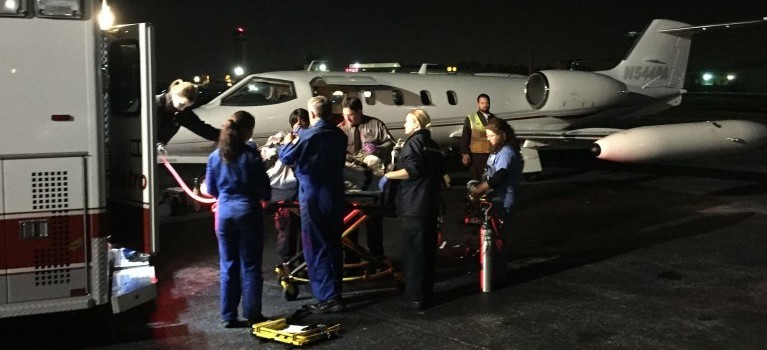
We are an ACGME-accredited fellowship that prepares anesthesiology and emergency medicine graduates for board certification in critical care medicine through the American Board of Anesthesiology. We also accept surgery residents and fellows for preparation to sit for their respective board certifications in surgical critical care. Our faculty intensivists come from a wide variety of backgrounds including anesthesiology, emergency medicine, nephrology, surgery, and more.
Emory’s multidisciplinary approach to critical care medicine is enhanced by its organization under the auspices of the Emory Critical Care Center (ECCC). The critical care practice at Emory was consolidated under the banner of the ECCC in 2009. The center integrates intensive care units throughout the Emory Healthcare system with the goal of delivering the highest quality, value, and access to critical care for patients in the southeastern U.S. This allows our fellows exposure to a broad variety of clinical experiences and access to experts from diverse backgrounds.
As an Emory fellow, you will have the opportunity to rotate through a variety of units within four main academic hospitals:
- Emory University Hospital
- Emory University Hospital Midtown
- Atlanta VA Medical Center
- Grady Memorial Hospital
Each setting provides a different perspective, medical culture, and patient population. Fellows that elect for a telemedicine rotation will additionally observe care at several remote, non-academic hospitals both within the Emory Healthcare system and beyond.
Emory Healthcare and Grady Health System care for some of the highest acuity patients in the country. Fellows are exposed to advanced treatments that include a large volume of transplants (i.e, heart, lung, liver, pancreas, and kidney) and extracorporeal life support (i.e., ECMO, VAD, MARS).
Comprehensive Curriculum
In addition to providing a strong foundation in the fundamentals of modern critical care medicine, we aim to inspire the critical thinking, leadership skills, passion for patient care, and academic curiosity that are required to become a leader in critical care medicine.
Robust Didactics
Protected didactic time is the core of our program through Thursday afternoon conferences. The first block of each conference is a weekly multidisciplinary lecture series on core critical care topics. Lectures are presented both by ICU faculty and non-ICU faculty from specialties such as Infectious Disease, Endocrinology and Transfusion Medicine.
The second hour is composed of interactive sessions and rotates between radiology and echocardiography rounds, interesting case reviews, M&M, exploration of research methodologies, and board review. These sessions are fellow-led with attending moderation. Fellows have the opportunity attend the didactic sessions either in-person or virtually to maintain social distancing.
Optional didactic activities available include weekly Anesthesiology Grand Rounds, quarterly QI conferences, and monthly Surgical M&M conferences.
Journal Club
Journal club is held quarterly. This provides fellows with an opportunity to critically appraise the latest literature and research methodologies.
Clinical Rotations and Electives
Critical care rotations within the CTICU, SICU, MICU, CCU, and Neuro ICU fulfill the core ACGME fellowship requirements for the fellows’ respective specialties (Anesthesiology, Emergency Medicine, Surgery). Select months may also be substituted for optional rotations through the Grady Memorial Hospital Trauma ICU or Burn ICU.
Core elective time includes 2-4 weeks each of Infectious Disease and Nephrology. Given the breadth of academic disciplines in the Emory Healthcare system, our fellows are able to tailor their elective experience based on their interests. The variety of options include but are not limited to pulmonary disease, heart failure medicine, palliative care, transthoracic echocardiography/ultrasound, transfusion medicine, telemedicine (eICU), ECMO, and critical care research.
Call and Daily Scheduling
While recognizing that a solid clinical education requires substantial clinical time, we also believe that fellow education requires adequate time for reading, presentations, research, personal life, and self-care. We strive to maintain a balance with the educational needs of the fellow taking priority over the service needs of any particular unit.
Standard call, ECMO call, and weekend schedules respect ACGME duty-hour requirements, and all fellows are required to track duty-hours for compliance.
Unique Opportunities

We believe that training in modern critical care medicine requires an innovative approach. Therefore, in addition to the core critical care rotations, our fellows take part in unique learning opportunities to broaden their clinical knowledge and expertise. Some of these include:
ECMO Cannulation and Transport
The Emory ECMO Center serves as a regional referral program for patients with severe respiratory failure and shock who may require extracorporeal life support, including ECMO. Our faculty manage the referral and screening process, coordinate transport and remote cannulation when needed, conduct cannulation, and manage these patients in the intensive care unit. Recognizing that familiarity with these skills is becoming increasingly important, trainees are exposed to all elements of the longitudinal management of these challenging cases.
ECMO University
Our fellows take part in Emory's ECMO University at the start of the fellowship year. This course spans two days and includes both hands-on training and didactic sessions facilitated by our expert faculty.
Mechanical Ventilation Workshop
At the onset of the fellowship program, our fellows participate in a comprehensive four-day NIH Mechanical Ventilation Course, immersing themselves in the intricacies of mechanical ventilation. Additionally, our fellows have the opportunity to attend a refresher course on advanced mechanical ventilation held annually in January.
Critical Care Ultrasound (CCUS)
The longitudinal curriculum in critical care ultrasound, including transthoracic echocardiography, aims to prepare the fellows to sit for the National Board of Echocardiography Examination of Special Competence in Critical Care Echocardiography at the end of their training. This innovative curriculum includes a lecture series, online learning modules, hands-on workshops, and image review with our expert faculty.
Our fellows have a pass rate of 100% for the National Board of Echocardiography (NBE) Examination of Special Competence in Critical Care Echocardiography (CCEeXAM). Fellows have the opportunity to review their portfolio of personally performed exams with our expert faculty as part of the certification process and have successfully achieved the NBE certification in Critical Care Echocardiography immediately after matriculation.
Poster Presentations & National Meetings
Attendance at national meetings is highly encouraged, and each fellow receives an educational stipend to support their professional development. Additional funds, beyond the education stipend, are available for fellows who present their work at national meetings. Over the past two years, all of our fellows have showcased their work at various conferences, both nationally and internationally. This commitment to academic and professional growth ensures our fellows are well-prepared to contribute to and advance the field of critical care medicine.
Research
Research opportunities exist in multiple domains for fellows.
Laboratory research
Laboratory research opportunities exist on campus at the Woodruff Memorial Building with faculty in Medicine, Surgery, and Anesthesiology.
Clinical Research
Clinical research opportunities abound at Emory in multiple domains including sepsis, ARDS, coagulation, and heart failure.
In addition to these domains, opportunities exist to examine outcomes in patients using a collection of local and national datasets.
Current Fellows
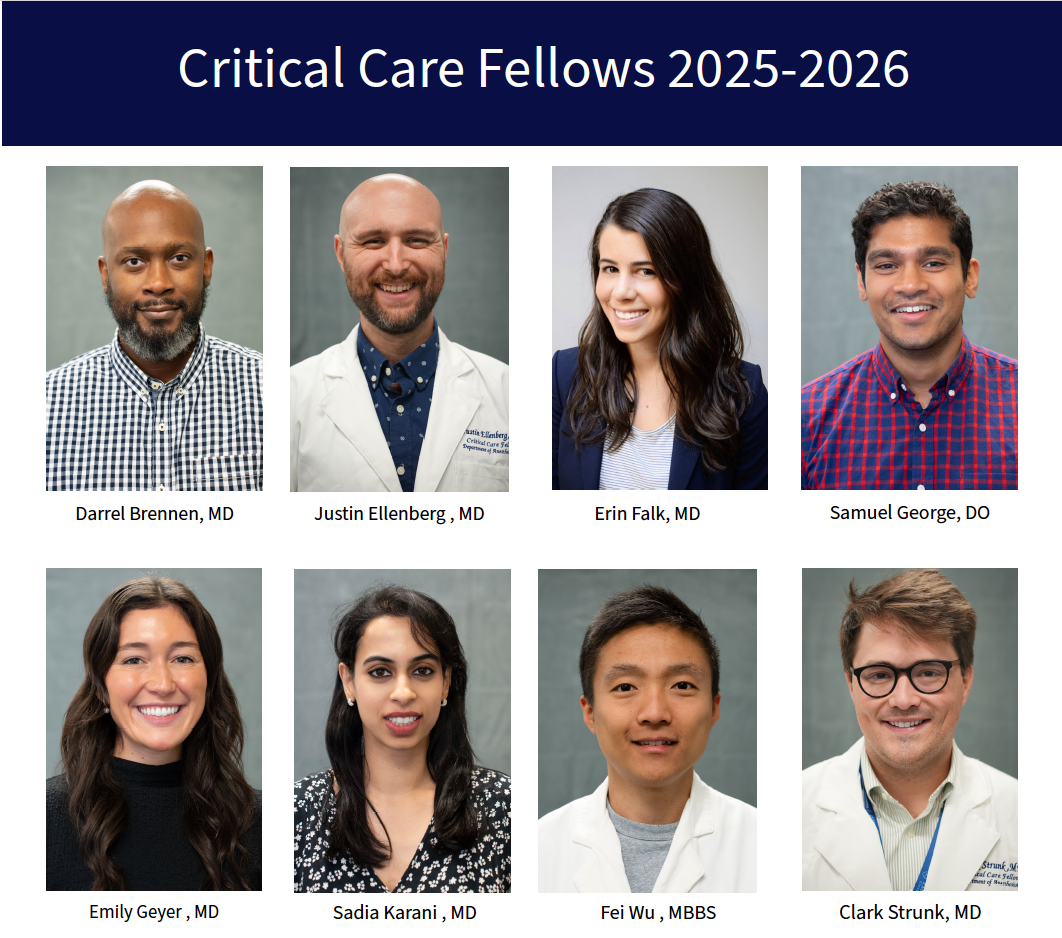
Living in Atlanta

Atlanta is a fast-growing metropolis with active scenes in art, music, sports and more. Urban neighborhoods are interspersed with abundant green spaces and parks. A short drive will bring you to almost any outdoor activity you enjoy including hiking, cycling, rock climbing, and rafting. Compared with other major cities, Atlanta remains affordable to live and play in. And when you want to get away from it all, Atlanta-Hartsfield Airport is easily accessible and has direct flights to almost anywhere. Learn more about living in Atlanta.


